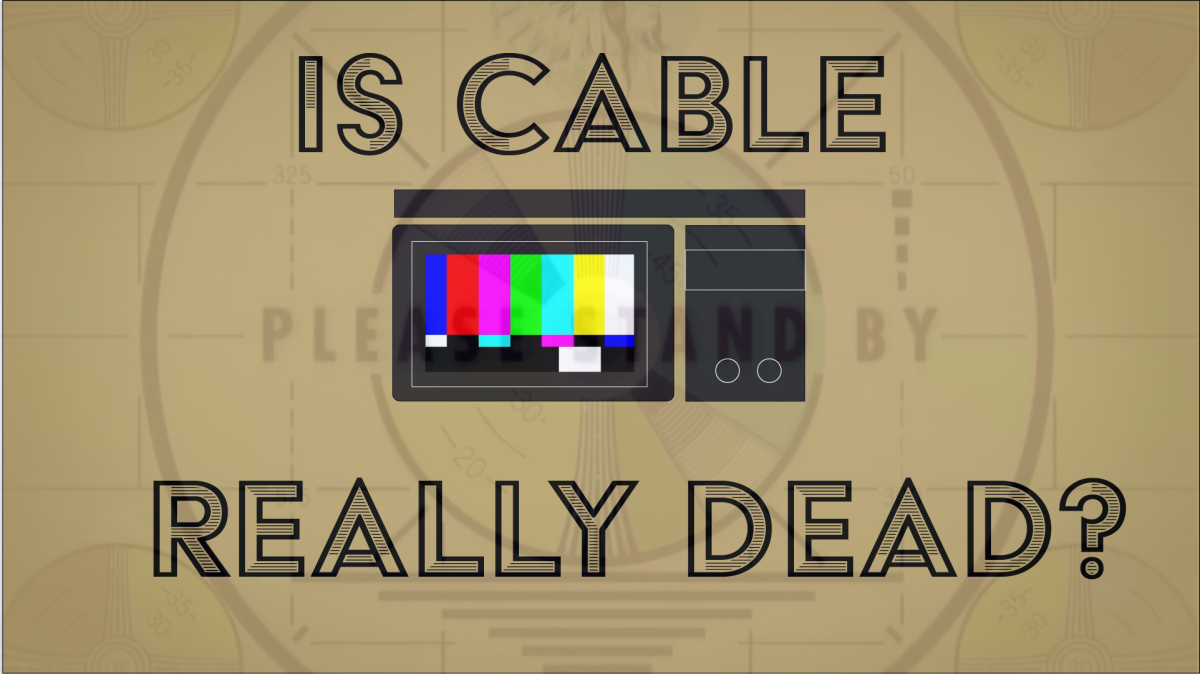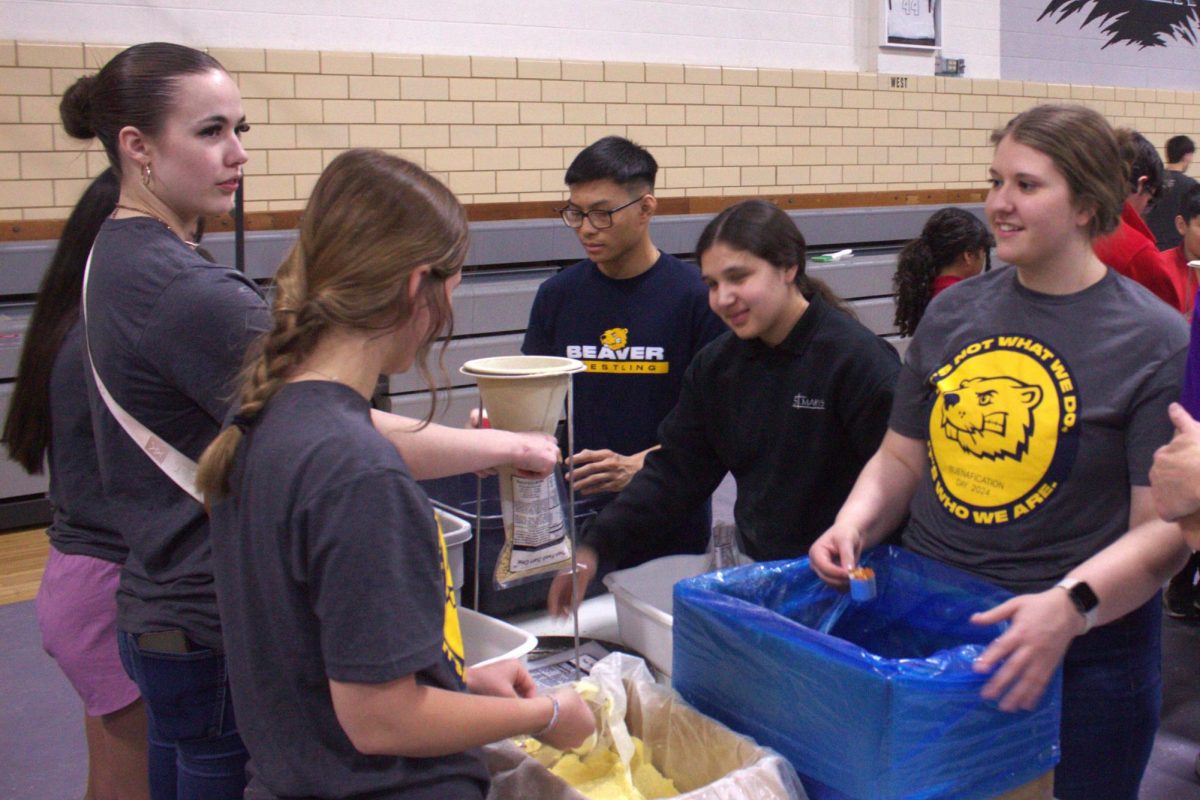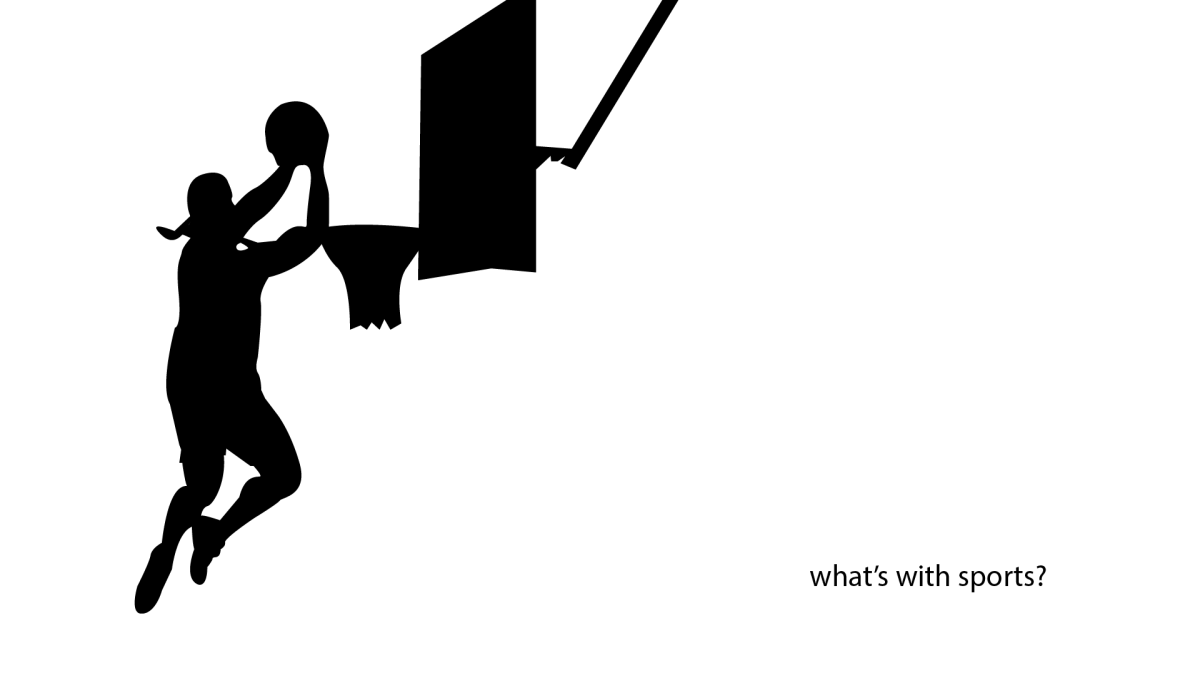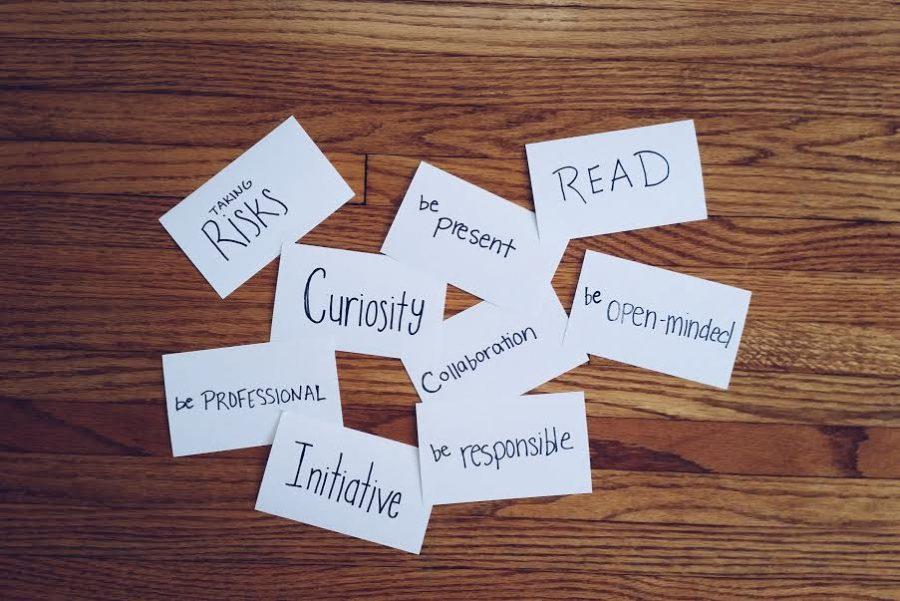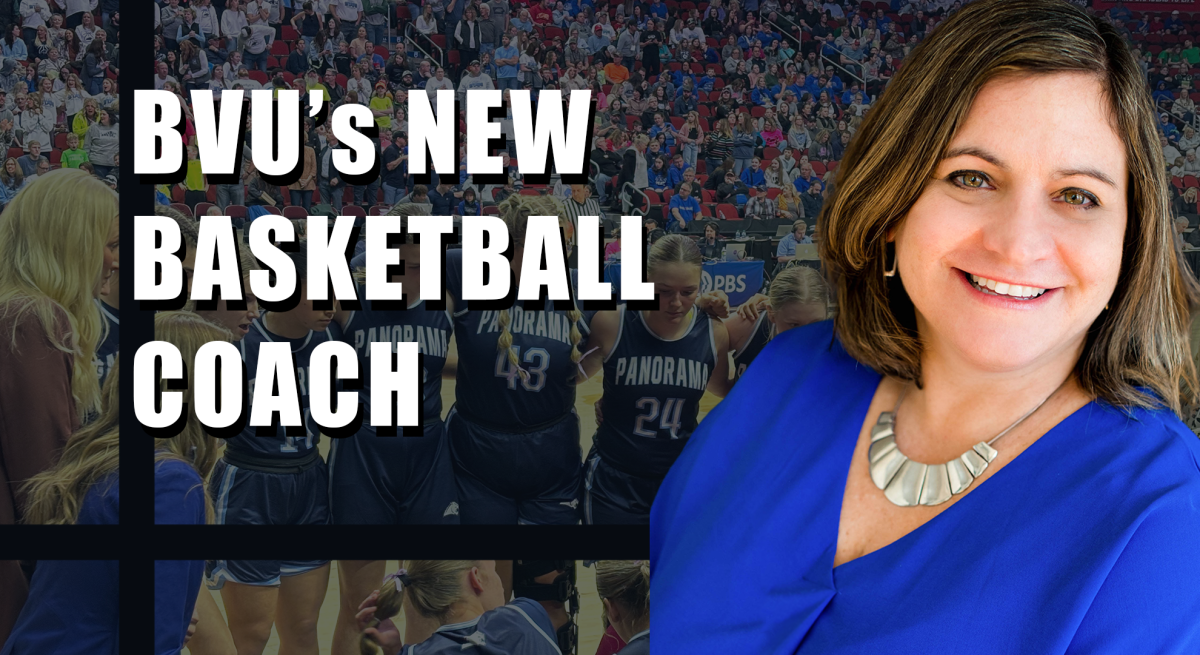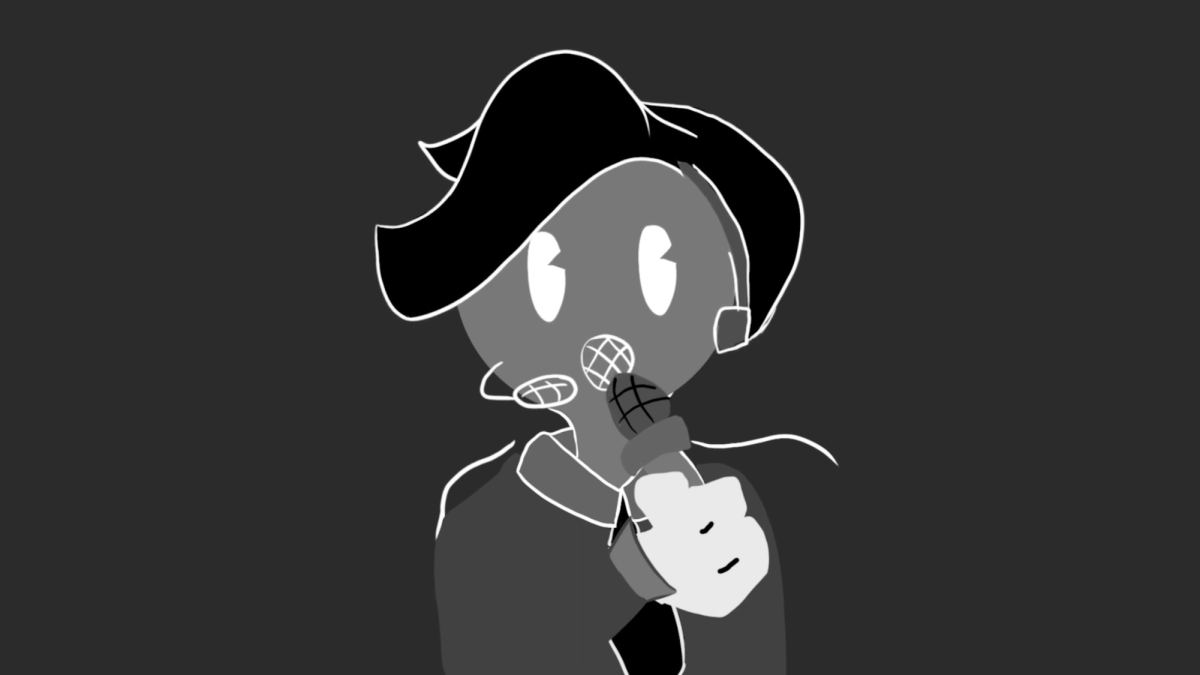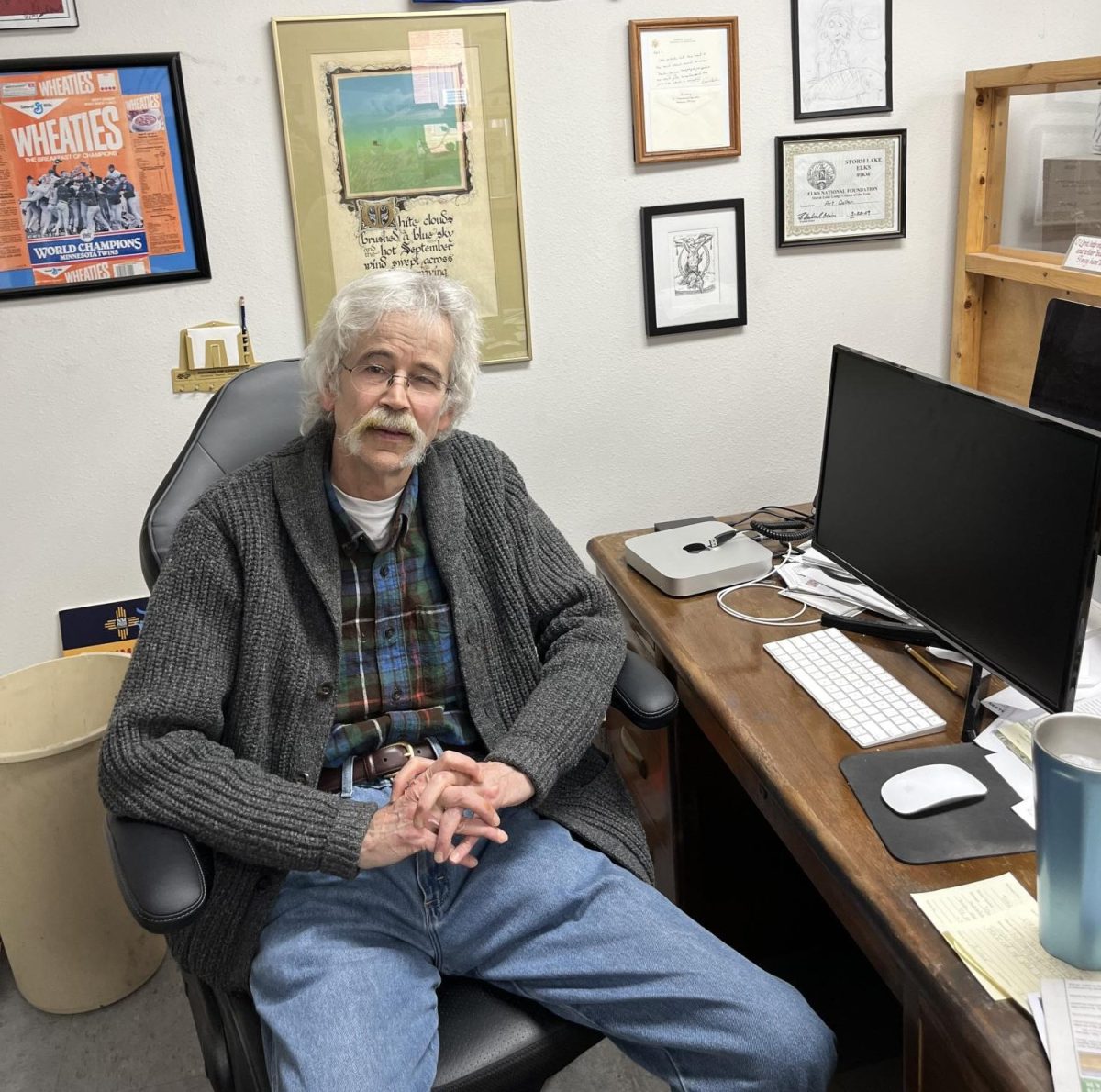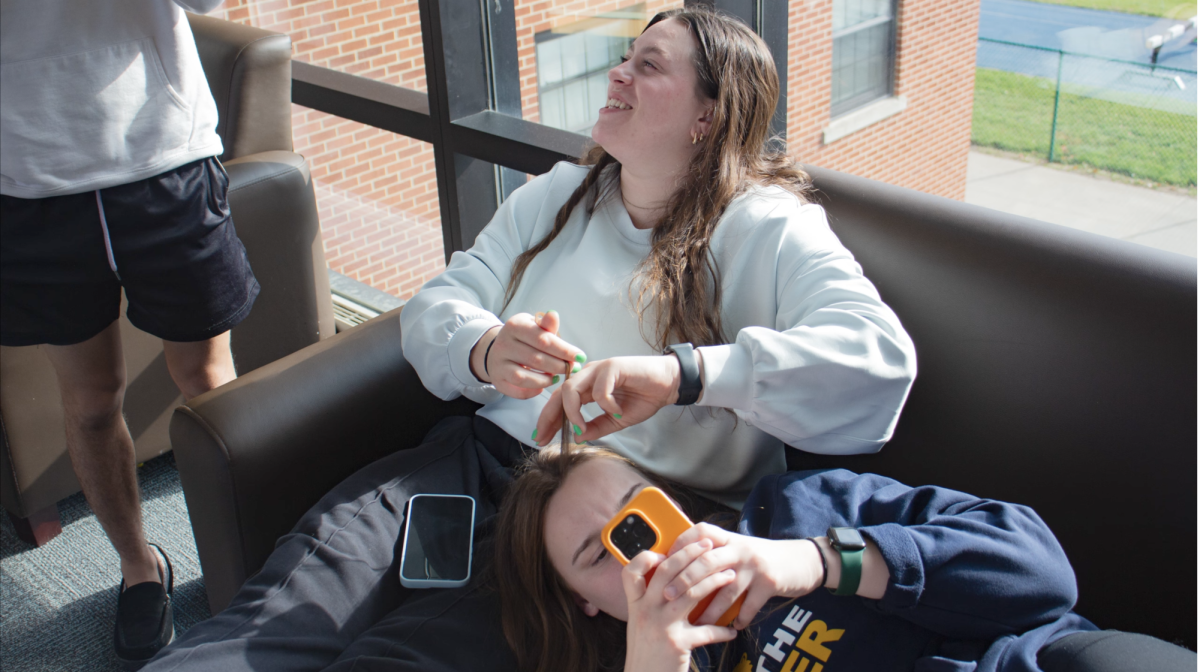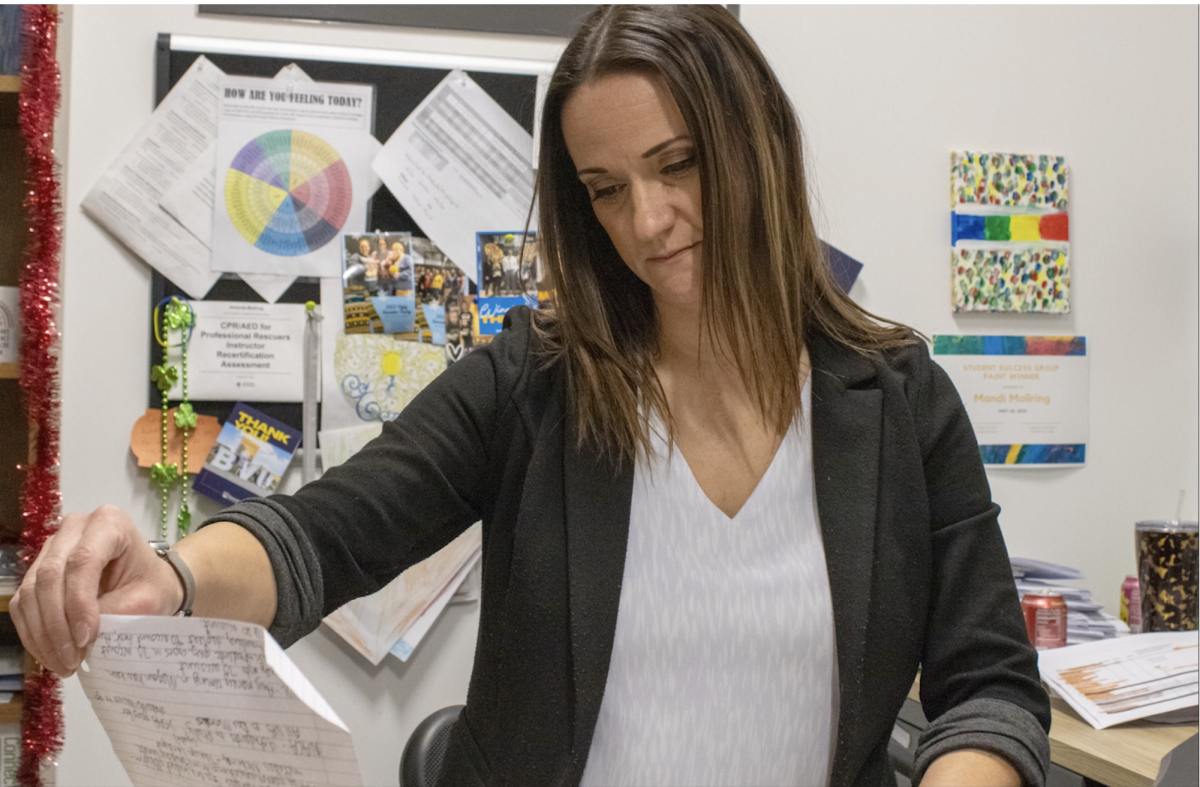Dee Friesen | Arts + Life Editor
From classroom rules to professor pet peeves, at some point you’ll start to wonder what exactly it is the majority of professors like to see. I took some time to interview different professors from all around campus to see what they like to see and what they don’t like to see students do in their classrooms. The professors interviewed for this article are: Dr. Calle Friesen, Dr. Andrea Frantz, Jennifer McNabb, and Dr. Jason Shepherd.
Here is a list of things professors like to see:
1. Initiative
- “I love it when a student walks into my office in the first week of classes and just says, ‘Hi! My name is ____. And I just wanted to know you, and let you know that I’m in your class.’” Dr. Calle Friesen
- “Visit my office! Sit down and have a conversation with me. It really helps me get to know them on kind of a personal level and then I can more easily relate content of the course and opportunities for what they want to do and what they’re interested in.” Jennifer McNabb
2. Curiosity
- “When we talk about stuff in class and then they go off on their own and go research it and go find out more about it because they’re just curious, and then they send me stuff!” Dr. Andrea Frantz
- “I really like when students are interested. You’re here to learn new things so be interested in lots of new things. I think that can lead students into new directions that they didn’t expect.” Jennifer McNabb
- “I hope that they’ll take the assignment, complete it, learn from it, and then possibly do a little more. Take it one more step because that’s really when the real learning happens. Don’t be afraid to go a little further on your assignments. Really try to be creative, show that you really understand how to apply what you’re learning.” Dr. Jason Shepherd
3. Risks in class
- “I think so often, students have ideas and thoughts and for whatever reason they don’t choose to share those out loud in class. And yet when they do take the risk, sometimes the learning goes somewhere really wonderful and amazing.” Dr. Calle Friesen
- “When you’re in a big class and you don’t know anybody it’s really hard to stick your neck out and engage, interact, and discuss. The students who take risks and put themselves out there just end up enlivening a class so much more.” Dr. Andrea Frantz
- “Don’t be afraid to speak out in class, ask questions. It makes the class period more interesting for everybody. It keeps your mind engaged.” Dr. Jason Shepherd
- “I love it when they sit in the front row in class and maintain that good non-creepy eye contact. I think it shows that they want to be present and they want to be engaged and they want to be part of the class discussion.” Jennifer McNabb
4. Collaboration
- “When you see two students sitting side by side grappling with the same problem and one student is just a little bit stronger, and instead of enforcing their strength, they invite their companion to come along with them so they can learn together.” Dr. Calle Friesen
5. Students that read
- “I love it when a student comes to me and says, ‘*GASP* I read the book! I READ THAT BOOK! And it was so good!!’” Dr. Calle Friesen
- “I love students who read, especially students who read or listen to news because they tend to be really engaged with what’s going on beyond what’s in front of them.” Dr. Andrea Frantz
- “Understanding how to read is really important, it’s not just staring at text and absorbing it somehow. You have to be interactive when you read. Taking notes as you read, intentionally trying to ask questions that aren’t explicitly answered in the book, or even questioning the author. It’s good to be skeptical when you read.” Dr. Jason Shepherd
Things that professors do not like to see:
1. Unprofessional emails
- “Learn the respectful manner of online communication. I think it’s very important and I think it’s the very beginning of professionalism.” Dr. Calle Friesen
- “Take pride in what you’re doing. Spell things right. Punctuation, it exists for a reason.” Dr. Jason Shepherd
2. Not being present
- “Pet peeve – when people are late for class. It distracts me.” Dr. Andrea Frantz
- “When you come to class, if you do show up late don’t disturb anyone. And when you’re there – be there. Really try not to leave during lecture because you’re going to miss stuff, you’re going to distract other students and you’re going to distract the instructor. 50 minute class, plan to be there all 50 minutes.” Dr. Jason Shepherd
- “Don’t sleep in class or in ACES events. I think it’s so disrespectful and you’re getting this free opportunity to hear some different perspective and you’re sleeping through it.” Jennifer McNabb
3. Being irresponsible
- “Not a big fan of students who won’t take responsibility for their own stuff. For example, they aren’t understanding something but not asking questions about it and then they blame the class or the teacher for them not getting as opposed to them taking responsibility for their own education.” Dr. Andrea Frantz
- “Part of being a responsible learner is planning your time and it is very respectful and appropriate to communicate with your learning community when you’re not going to be there for whatever reason.” Dr. Calle Friesen
4. When students don’t read the syllabus
- “Read the syllabus. It’s our contract. That’s my vow to you of what I’m going to deliver and that is the code or policy that I expect you to live by when we’re in this learning exchange. That’s all, just read the syllabus!” Dr. Calle Friesen
- “Words matter and most of the words in the syllabus and in the assignment instructions are there for a reason.” Jennifer McNabb
5. Being close-minded
- “It’s really helpful if students can open their minds to different possibilities. Not that they have to accept everything that I tell them or that they have to agree with it, but just to be open to considering it. And if they disagree, really thinking about why they disagree.” Jennifer McNabb
- “Sometimes students get so married to how they think currently that they want to take every other thing that they learn and apply it to how they think. That’s not why you’re here. When you take a psychology class, you’re actually learning to think the way psychologist thinks. Don’t fight that. That’s actually part of a liberal education.” Dr. Jason Shepherd
I think one of the most important things to remember as a student here at BVU is that our professors care about our success. Dr. Jason Shepherd but it perfectly. “Remember that as you’re here, you’re being mentored with faculty that want to help you learn material but also to kind of figure out who you are as a person. Faculty wants to see you grow and faculty wants to see you learn.”



